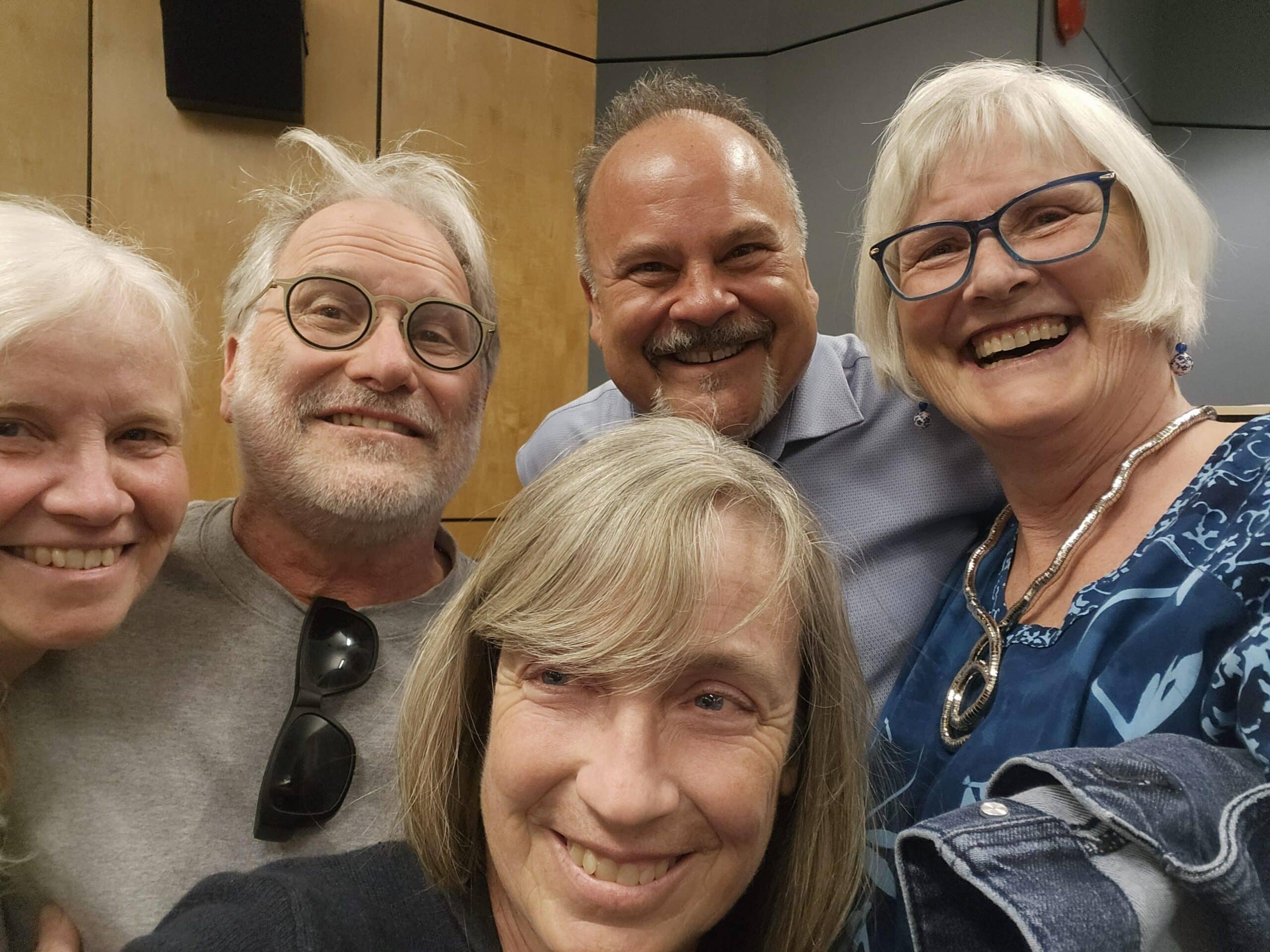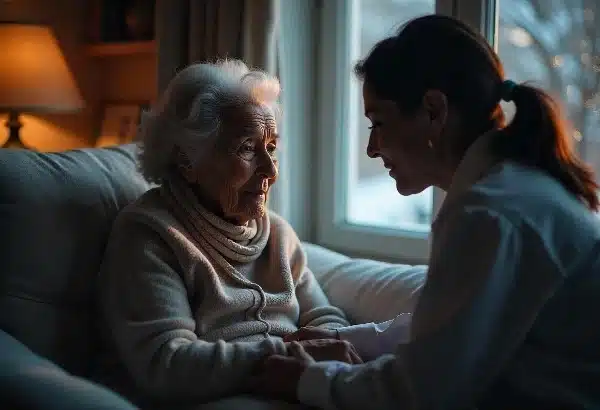The Liverpool Care Pathway was developed in the UK to provide people dying outside of hospice access to good symptom management and support in the last days and hours. According to Wikipedia :
The Liverpool Care Pathway was developed by Royal Liverpool University Hospital and Liverpool’s Marie Curie Hospice in the late 1990s, to translate into a hospital environment best-practice experience in the care of dying patients that had developed in the hospice setting. According to the National Mortality Statistics 2004, only 16% of cancer deaths and fewer than 5% of non-cancer deaths occur in a hospice.[1] The pathway was developed to provide the same level of nursing expertise at the end of life as during other treatments, regardless of the patient’s chosen environment. The pathway document is reviewed annually by a multidisciplinary steering group to incorporate new evidence and family and caregiver feedback.
In the Christian Medical Comment Peter Saunders raises the questions being brought to the daily news in the past few days. According to Saunders concerns include:
1. People have been put on the LCP without the knowledge or consent of their families
2. It is cruel to deny fluids to sentient beings
3. Doctors cannot accurately predict that someone is dying within hours or days
4. When doctors withdraw all treatment and nourishment, believing their patients have only days left, the prediction becomes self-fulfilling
5. When well over 100,000 are dying on the LCP each year, the suspicion inevitably arises that the pathway is being used to hasten death and free up beds.
The issues raised are important ones to reflect on. No one should care for people who appear to be in their last days without connecting with family… whether or not a set protocol or care plan is being discussed! Guidelines for communicating with family need to be set.
In the last days most dying people are not denied fluids, but rather, are not pushed to take fluids if they are not able to swallow them. Mouth care can be provided as a comfort measure.
I think of people whose death was peaceful and comfortable, deaths where family were comfortable with the process and appreciated the care.
On the other hand I think of someone who felt that the death of their loved one was the result of medications that had been given. It was not the death that worried her, but the fact that it should not have occured. As we reviewed the previous months and weeks leading up to the death, it became clear that her mother was going to die regardless of what medications were given. This was helpful for her to know.
It is a good thing that the community of palliative specialists will address these concerns. Meanwhile, I hope that the health care team will work with patients and families to offer good comfort care in the last days and hours.








